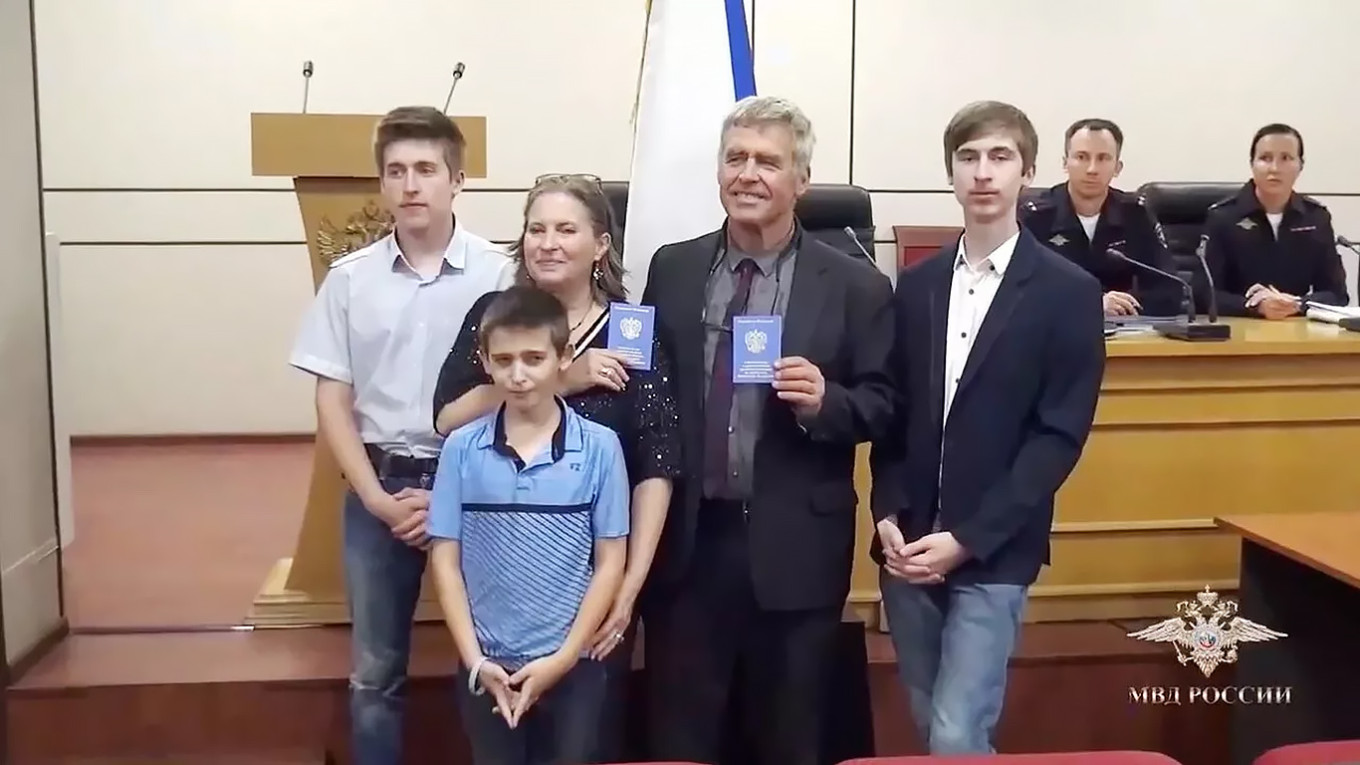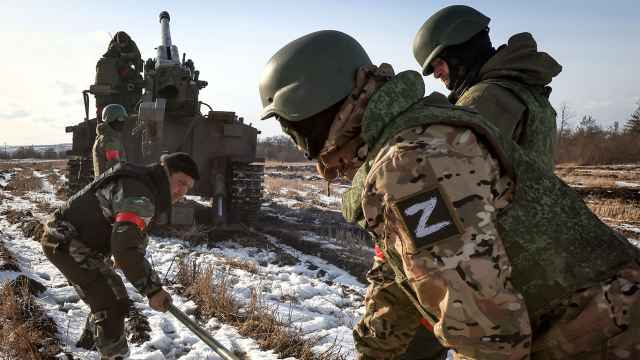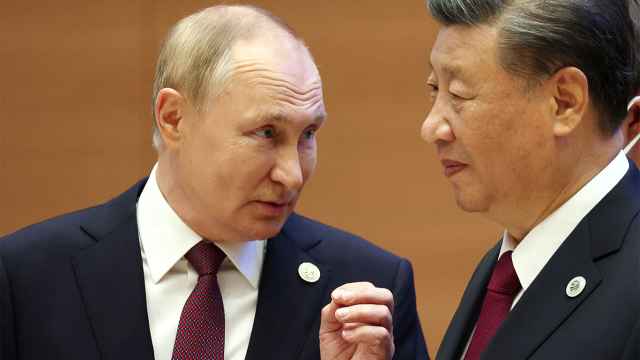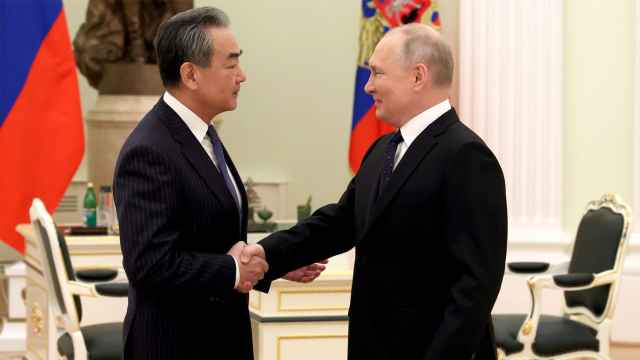President Vladimir Putin on Monday signed a decree allowing foreign citizens and stateless individuals to apply for temporary residency in the country if they share “traditional Russian spiritual and moral values,” even in cases when a person does not speak Russian.
The decree states that those who oppose the “destructive neoliberal ideological agenda” in their home country can seek “humanitarian support” from the Russian authorities by applying for a temporary residence permit.
It also tasks the government and Foreign Ministry with creating a list of countries Moscow considers to be “pursuing a destructive neoliberal agenda” within 30 days.
People applying for temporary residence status in Russia according to the new “humanitarian” scheme would not need to show proof of Russian language proficiency or knowledge of Russian history and the country’s laws.
Russian authorities have increasingly sought to attract conservative Westerners to the country, positioning Russia as a “traditional” counterpoint to what they portray as a morally decadent West.
In May 2023, authorities announced the creation of a “migrant village” outside Moscow for conservative American expats. At the time, a migration lawyer said “around 200 families” wanted to emigrate to the country for “ideological reasons.”
And last week, Russia's Interior Ministry said an American couple and their children had sought “temporary asylum” in the country due to a “canceling... of traditional and family values, as well as the low level of education” in the United States.
Update: On Sept. 20, 2024 Russia's government approved a list of countries it considers to be “pursuing a destructive neoliberal agenda,” which includes Australia, Austria, Albania, Andorra, Bahamas, Belgium, Bulgaria, Great Britain, Germany, Greece, Denmark, Ireland, Iceland, Spain, Italy, Canada, Cyprus, Latvia, Lithuania, Liechtenstein, Luxembourg, Malta, Micronesia, Monaco, Netherlands, New Zealand, Croatia, Poland, Portugal, Republic of Korea, Romania, San Marino, North Macedonia, Singapore, Slovenia, United States of America, Taiwan, Ukraine, Finland, France, Croatia, Montenegro, Czech Republic, Switzerland, Sweden, Estonia and Japan.
A Message from The Moscow Times:
Dear readers,
We are facing unprecedented challenges. Russia's Prosecutor General's Office has designated The Moscow Times as an "undesirable" organization, criminalizing our work and putting our staff at risk of prosecution. This follows our earlier unjust labeling as a "foreign agent."
These actions are direct attempts to silence independent journalism in Russia. The authorities claim our work "discredits the decisions of the Russian leadership." We see things differently: we strive to provide accurate, unbiased reporting on Russia.
We, the journalists of The Moscow Times, refuse to be silenced. But to continue our work, we need your help.
Your support, no matter how small, makes a world of difference. If you can, please support us monthly starting from just $2. It's quick to set up, and every contribution makes a significant impact.
By supporting The Moscow Times, you're defending open, independent journalism in the face of repression. Thank you for standing with us.
Remind me later.






